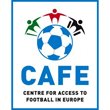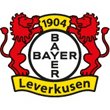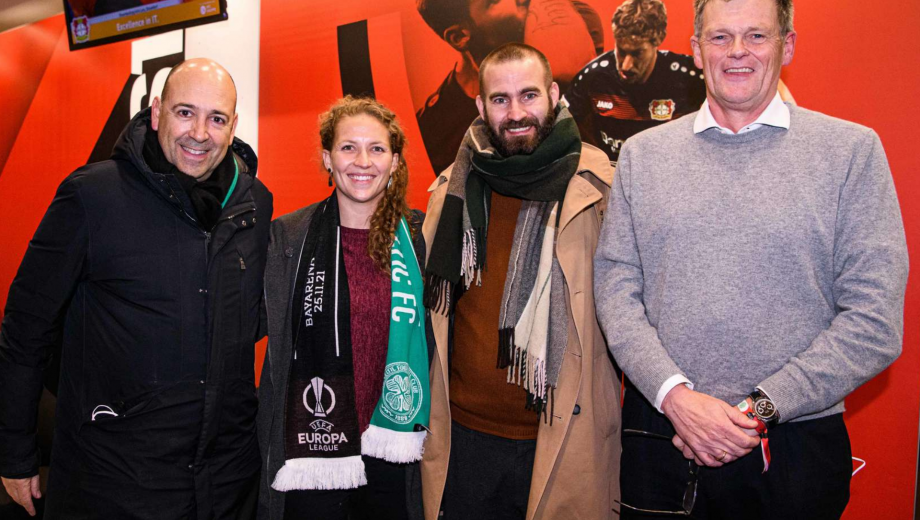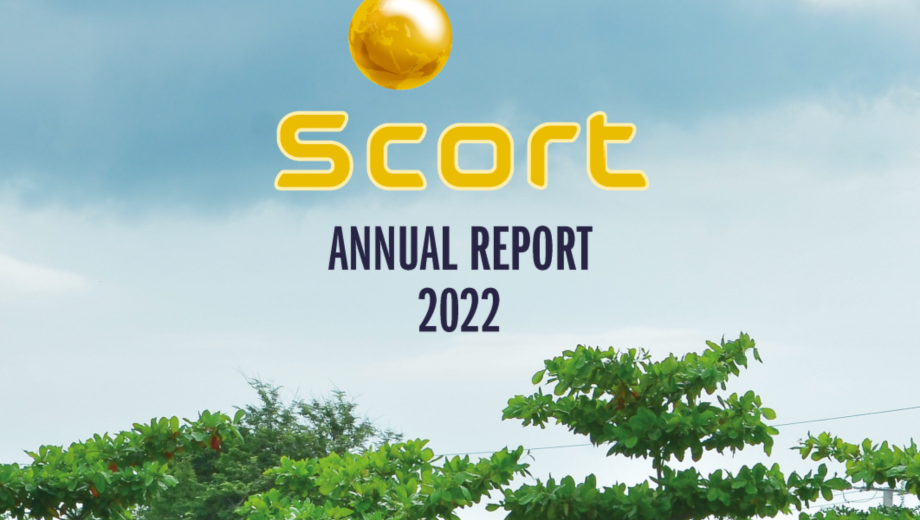CAFE ‘Proof of Disability’ research project: Final report announced
CAFE is delighted to reveal the findings of our recent European ‘Proof of Disability’ project.
This research project, which has been delivered by the Centre for Access to Football in Europe and funded by the Enlarged Partial Agreement on Sport (EPAS), Council of Europe, reviewed the existing ticketing management systems and associated ‘proof of disability’ for disabled sports fans who require special seating and / or complimentary companion (personal assistant) tickets for large sporting events.
The aim of the project was to find a sustainable and more convenient solution which ensures the dignity and respect of disabled people themselves whilst ensuring that tickets are best allocated to genuine disabled spectators by large sporting event owners / local organising committees. The aim is to reduce the number of tickets that are currently mis-sold to non-disabled persons.
Most significantly, 84% of disabled people agreed that a standardised European disabled persons ID card would be beneficial in purchasing tickets for both home nation and international sporting and cultural events. In addition, 70% of the participants would prefer equal facilities to cheaper tickets. When considering disability groups, this became even more compelling with 73% of wheelchair users and 80% of people with mental ill health preferring equal facilities rather than cheaper tickets.
We are confident that the findings of this research project will ensure a more convenient and dignified ticketing system for European disabled people who wish to attend large sporting and cultural events whilst reassuring disabled people and sporting event owners that abuse of such tickets should be minimal.
CAFE is sharing the research project findings and final report with colleagues at the Disability Unit at the European Commission to assist their wider works in considering a European Disabled Persons ID card.
CAFE would like to say a big thank you to everybody who took part in the survey, and in particular to our working group and EPAS, Council of Europe.
Go to the resource page to read the full report in PDF format.

Audio-descriptive commentary

DISABILITY FOOTBALL PROGRAMME




